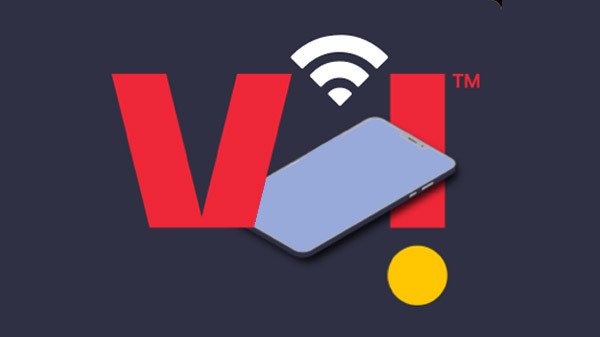Incognia Introduces New Location Identity Fraud Detection Tools
Palo Alto, CA — March 15, 2022 —Mobile authentication pioneer Incognia, today announced the launch of new location identity fraud detection modules to support mobile app security for customers across finserv, crypto, social networks, online gaming and more. Incognia’s solution modules include Location Spoofing Detection, Global Mobile Address Validation, and Trusted Device Intelligence – all of which can be used for preventing mobile app fraud during onboarding, logins and transactions.
With Finance app downloads totaling 5.9B in 2021, increasing 28% YOY, and Gaming apps seeing more than $16B in consumer spend in 2021[1], it is not only new users that are flocking to fintech and gaming apps but also fraudsters. Incognia’s new solution modules offer enhanced fraud prevention capabilities for mobile apps by leveraging location and device intelligence signals directly from the user’s device. Fraudsters are adopting new fraud techniques targeted at mobile including use of location spoofing to hide and obscure the true location of the user. A key benefit of Incognia fraud detection modules is that they add no friction to the user experience and work silently in the background, providing highly accurate risk assessments to prevent fraud.
Incognia module offerings include:
- Location Spoofing Detection: Location spoofing detection is especially important for trust and safety in mobile apps for social, dating, transportation, food delivery, gambling and gaming. Incognia is highly effective in detecting GPS location spoofing during onboarding, new account creation, login and transactions & payments. The Incognia SDK collects anonymous location data from mobile devices through its proprietary location technology using GPS, Wifi, cellular and Bluetooth sensors data. Whenever a user tries to login or perform a sensitive transaction in the app from a new or existing device, Incognia provides a risk score and associated evidence based on the correlation of current and historical user location behavior and device intelligence data.
- Global Mobile Address Validation: Mobile apps with global coverage need solutions for international address validation. Incognia Global Mobile Address…




